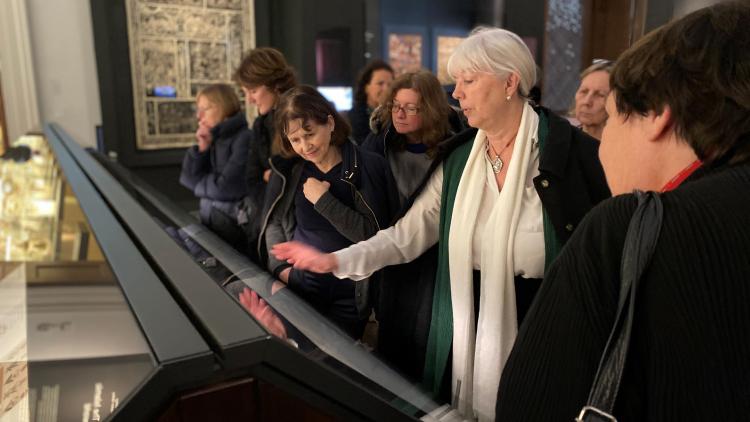Transnational Practices: Film Culture and Politics in China (1949–1989)


Overview
How did the Chinese appropriation of Charlie Chaplin serve the Chinese Communist Party’s revolutionary cause at the height of socialism? How did the voice performance of Chinese dubbing actors reveal the Chinese public’s shifting attitudes toward the West?
Aiming to explore transnational film practices that are driven by shared political interests and common desires instead of profit, "Transnational Practices: Film Culture and Politics in China" examines transnational film practices in China against the backdrop of the shifting global order from 1949 to 1989.
This historical period is marked by a series of tumultuous social and geopolitical changes: the addition of the People’s Republic of China (PRC) to the socialist camp in 1949, the Sino-Soviet split in 1959, China’s growing solidarity with other “Third World” countries during the Cultural Revolution (1966–1976), China’s opening up in 1978, and the disintegration of the socialist camp in 1989. My project explores how transnational film practices reconfigured cinema’s function as China transitioned from state socialism to market socialism.
Specific case studies, each of which represents a dominant transnational practice at a particular historical juncture, include heroic narratives at socialist film festivals in the early 1950s, the re-canonisation of Charlie Chaplin amidst China’s active promotion of Maoist-Third Worldism in the 1950s and 1960s, the revival of Western realist film theories in modernising Chinese film language shortly after the Cultural Revolution, as well as disembodied stardom of voice actors and Sino-Japan film co-production in the 1980s.
By shedding light on the complexities of transnational film practices in contemporary China, this project will contribute to the growing body of revisionist socialist cultural studies that challenge parochial and dismissive attitudes and seek to uncover a socialist cosmopolitanism that was aimed at creating an alternative social order.




